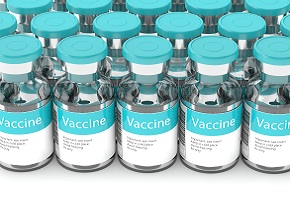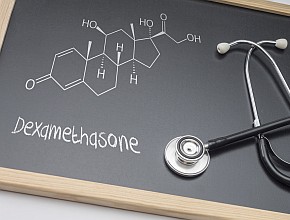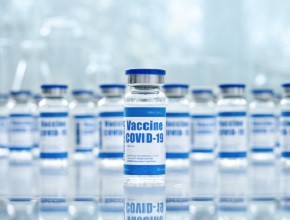Once-weekly insulin treatment for insulin-naive patients with type 2 diabetes
Insulin icodec is a basal insulin analogue developed for the treatment of type 2 diabetes. Its mechanism of action—where it binds tightly to albumin and is released into the circulation in a slow, gradual manner—allows weekly administration. Its use has the potential to improve treatment acceptance and adherence for an increasing number of patients worldwide who are being diagnosed with type 2 diabetes.
This study was a 26-week, randomized, double-blind, double-dummy, phase II trial investigating the efficacy and safety of once-weekly insulin icodec as compared with once-daily insulin glargine U100. The patients studied were individuals with type 2 diabetes who had not previously received long-term insulin and whose diabetes was inadequately controlled (hemoglobin A1c, 7.0%-9.5%) despite treatment with metformin with or without a dipeptidyl peptidase 4 inhibitor. The primary endpoint was the change in the hemoglobin A1c level from baseline to week 26. The incidence of hypoglycemia and other insulin-related adverse events was also evaluated.
In total, 247 participants were randomly allocated to receive icodec or insulin glargine. The mean baseline glycated hemoglobin level was similar in both groups: 8.09% for icodec and 7.96% for glargine. After 26 weeks of treatment, the mean change from baseline in the hemoglobin A1c level was –1.33% in the icodec group and –1.15% in the glargine group, corresponding to mean levels of 6.69% and 6.87%, respectively. The estimated between-group difference in the hemoglobin A1c change from baseline was –0.18% (95% CI, –0.38 to 0.02). Rates of hypoglycemia—defined by blood glucose <54 mg/dL—or of hypoglycemia associated with severe cognitive impairment were low both in the icodec group (0.53 events/patient-year) and in the glargine group (0.46 events/patient-year). There were no between-group differences in major insulin-related adverse events, rates of hypersensitivity, and injection-site reactions.
The authors concluded that in patients with type 2 diabetes once-weekly treatment with insulin icodec had glucose-lowering efficacy and a safety profile similar to those of once-daily insulin glargine.
 English
English
 Español
Español
 українська
українська











